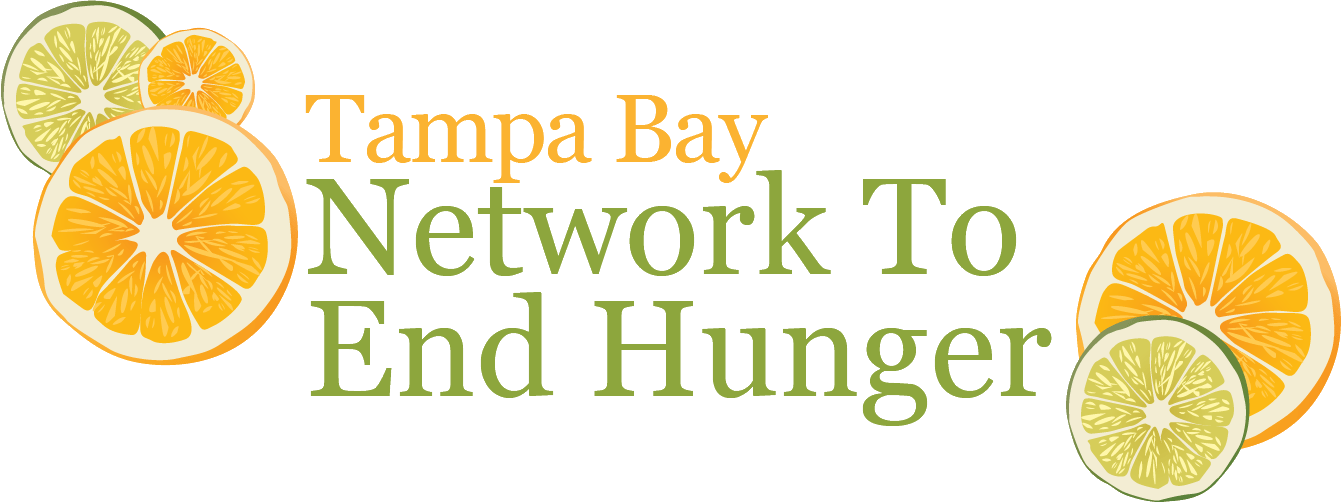What is hunger?
Food insecurity, as measured in the United States, refers to the social and economic problem of lack of food due to resource or other constraints such as illness, not due to voluntary fasting or dieting.
Food insecurity is experienced when there is (1) uncertainty about future food availability and access, (2) an insufficient amount or kind of food, or (3) the need to use socially unacceptable ways to acquire food. Although lack of economic resource is the most common cause, food insecurity can also occur when food is affordable but cannot be accessed because of physical or other constraints, such as limited physical functioning by elderly people or those with disabilities.
National Research Council. Food Insecurity and Hunger in the United States: An Assessment of the Measure. Washington, DC: The National Academies Press, 2006.
Senior Hunger
Senior Hunger, also referred to as elderly hunger, affects more than 1 out of 6 seniors. The growing senior population is just one of the reasons Florida is ranked in the top 10 states with senior hunger risk. Click on this LINK to find out more statistics on senior hunger in our area.
Barriers to ending senior hunger include a growing senior population, skipping meals to pay for medications or other bills, home bound or no access to transportation, funding cuts, and rising cost of food and fuel.
Childhood Hunger
Childhood hunger is an ever increasing issue in our area. In the past 5 years alone, there has been a 12% increase in children qualifying for free or reduced lunch.
Almost 62% of children in Hillsborough County qualify for a Free or Reduced Priced Meal – an increase of 12% from 5 years ago
103,987 qualify for free meals
13,670 for reduced meals
On average, 6 out of 10 children standing in the serving line are living below the poverty line
483 children are Homeless
523 children are from Foster Homes
619 are Migrant.
Request a Hunger Gap Map presentation at your organization!
Contact us for more information.
Food Safety
The Food Safety and Inspection Service (FSIS) of the U.S. Department of Agriculture, the U.S. Food and Drug Administration (FDA), and the Centers for Disease Control and Prevention (CDC) serve important roles in ensuring food safety in the United States. www.FoodSafety.gov is the gateway to food safety information provided by government agencies.
FoodKeeper App
The USDA’s FoodKeeper helps you understand food and beverages storage. It will help you maximize the freshness and quality of items. By doing so you will be able to keep items fresh longer than if they were not stored properly. It was developed by the USDA’s Food Safety and Inspection Service, with Cornell University and the Food Marketing Institute. It is also available as a mobile application for Android and Apple devices. Click here to access the website version of FoodKeeper.
University of Florida Institute of Food and Agricultural Science (UF-IFAS)
The University of Florida Extension program offers classes, workshops, educational materials and much more through their local offices in each county as part of the local county governments. UF IFAS is a partnership between state, federal and county governments dedicated to developing knowledge in agriculture, human and natural resources, and the life sciences and making that knowledge accessible to sustain and enhance the quality of human life. Each county Extension office has local specialists who can offer assistance in nutrition, family finance management, gardening and vegetable growing and much, much more. Click HERE for published articles on a variety of topics.
Other Resources
We are here to serve our Members and community. Please let us know if there is something you need assistance with. We can help with a variety of things like helping write a job description, ideas on where to donate food or who to partner with, how to get a program off the ground, research, and more. Please contact us by submitting a form here.
Addressing Hunger: Mixed Methods to Identify Hidden Barriers & Opportunities
Sustainable Food Conference Recycling Organics
Implementing more School Gardens and Teaching Waste as a Resource to Help Achieve Food Security
